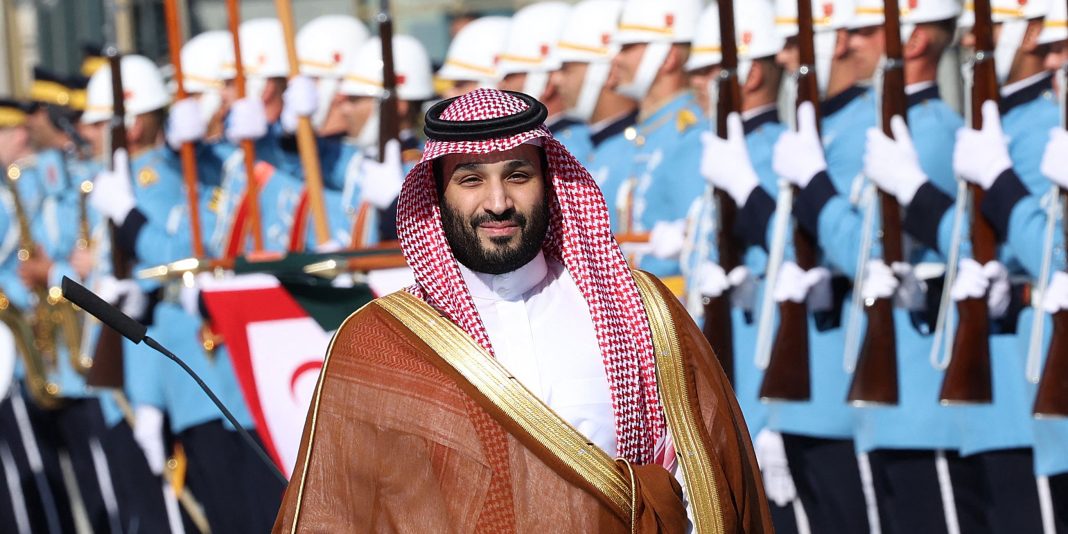The Saudi Royal Family, with a reported net worth of over $1.4 trillion, has been in debt to the Pentagon for $15 million for several years. This debt stems from American assistance provided during the Saudi war in Yemen, where the United States supported Saudi Arabia and the United Arab Emirates with aerial refueling missions, weapons, combat training, and other forms of support. Despite the unpaid debt, the Biden administration recently lifted the ban on selling offensive weapons to Saudi Arabia, allowing for an initial shipment of air-to-ground munitions.
The ban had been in place for the past three years due to concerns over the heavy civilian casualties caused by the Saudi-led coalition’s campaign in Yemen. However, sales of so-called defensive arms and military services continued, amounting to nearly $10 billion over the past four years. The outstanding balance of $15 million dates back to the period between March 2015 and November 2018.
A Pentagon report obtained by The Intercept reveals that Saudi Arabia has repeatedly failed to pay its outstanding fuel bill to the United States. While a large portion of the debt was paid off in 2021 and 2022, Saudi Arabia has only paid a little over $950,000 on the remaining balance. The report states that Saudi officials expressed a willingness to pay off the debt by December 2022 but later claimed to be unaware of the outstanding debt when questioned about it.
The lack of transparency and accountability surrounding arms deals and defense spending between the U.S. and Saudi Arabia is concerning. The Center for International Policy highlights the issue, emphasizing that the amount owed is not the main problem but rather the opacity surrounding these deals. The U.S.-backed Saudi-led war in Yemen has resulted in the deaths of at least 377,000 people, including thousands of civilians. U.S.-developed jets and trained pilots have been involved in many of the airstrikes carried out by the Saudi coalition.
A bipartisan group of U.S. senators, including Elizabeth Warren, Bernie Sanders, and Mike Lee, expressed their concerns about the Saudi-led coalition’s actions in Yemen and the use of U.S.-origin weapons in these strikes. Between 2015 and 2020, the U.S. provided over $54.2 billion in defense articles and services to Saudi Arabia and the United Arab Emirates. The Biden administration’s reversal on the ban and its subsequent arms deals with Saudi Arabia have drawn criticism, as it contradicts previous statements and raises questions about the administration’s commitment to human rights.
The lifting of the ban on offensive arms sales to Saudi Arabia, along with the authorization of an initial shipment of air-to-ground munitions, was announced by the Biden administration last Friday. The administration stated that additional transfers would be considered on a case-by-case basis. However, both the Pentagon and the State Department have failed to respond to The Intercept’s inquiries about the resumption of offensive arms sales.
The Biden administration’s relationship with Saudi Arabia has been a disappointment to many, as it seems to have prioritized arms deals and geopolitical considerations over human rights concerns. Despite campaign promises to distance itself from dictators and not provide “blank checks,” the administration has turned a blind eye to Saudi Arabia’s human rights violations and forged a relationship aimed at countering Chinese influence and securing Saudi Arabia’s alignment with the U.S. for years to come.


